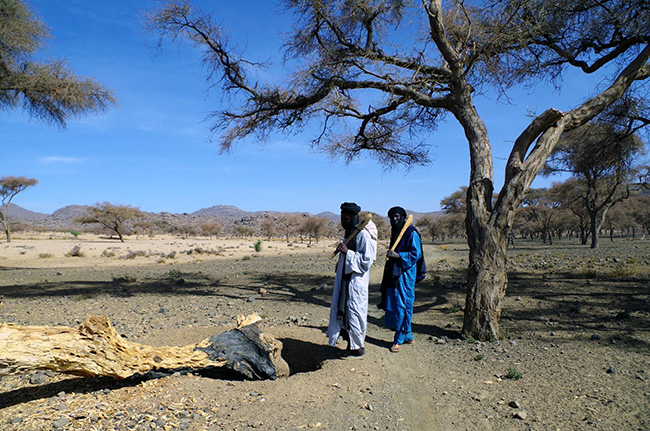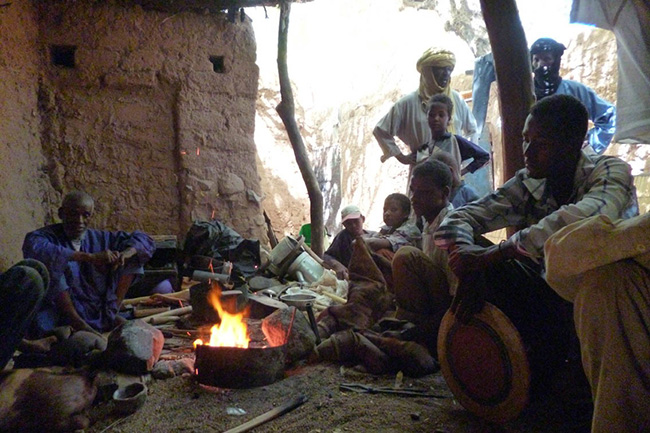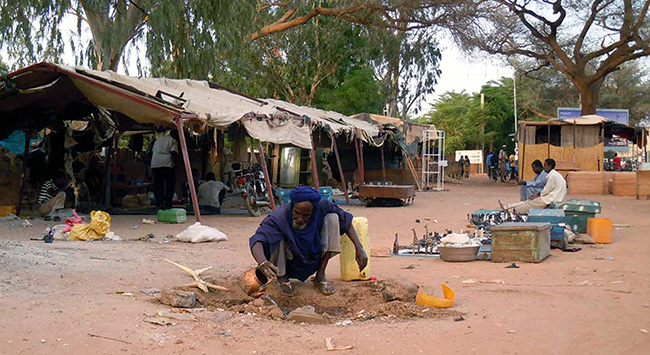The Frobenius Research Promotion Prize goes to Bayreuth this year: Frobenius Institute for Research in Cultural Anthropology at Goethe University honors Valerie Nur for her outstanding dissertation on Tuareg artisans in Niger.

Each year, the Frobenius Institute honors excellent ethnological dissertations in German-speaking countries with the Frobenius Research Promotion Prize, endowed with 3000 euros. This year the prize went to Valerie Nur for her doctoral thesis “Handwerkliche Arbeit als soziale Praxis. Eine ethnologische Studie über die handwerklichen Praktiken der endogamen Handwerkergruppe der inadan Tuareg des Aïr in Niger” (Craft as social practice. An anthropological study of the craft practices of the endogamous artisan group of the inadan Tuareg of the Aïr in Niger). The thesis was supervised by Professor Gerd Spittler and submitted to the Bayreuth International Graduate School of African Studies in Cultural Anthropology. It is based on a field study in the course of which Valerie Nur spent a total of twenty months with the Inadan (Tuareg), who have received little attention in research to date, at various locations in the Aïr mountains as well as in the capital Niamey (Niger).

Together with the Inadan, Valerie Nur reflected on craft work and was able to gain intensive experience with craft practice during her field study. In her work, she describes the everyday handicrafts of the men and women, such as leather work, the procurement process itself, the making and reshaping of tools, and the recurring changes that occur in craft practice. Moreover, Valerie Nur explains how intricately this work is integrated into the daily family life of the mobile Inadan, who grow up with the craft and are connected by kinship over hundreds of kilometers. Since the finished products have a spiritual value beyond their market value, the craft is of special importance for the social relations of the Inadan beyond these family ties.
Valeria Nur’s study also contributes to migration research; after all, mobile craftsmen are also migrant workers, capable of working anywhere and of expanding their skills. Valerie Nur’s dissertation convinced the committee with its underlying intensive and self-reflective ethnographic research as well as with the excellent linguistic presentation of the results.









